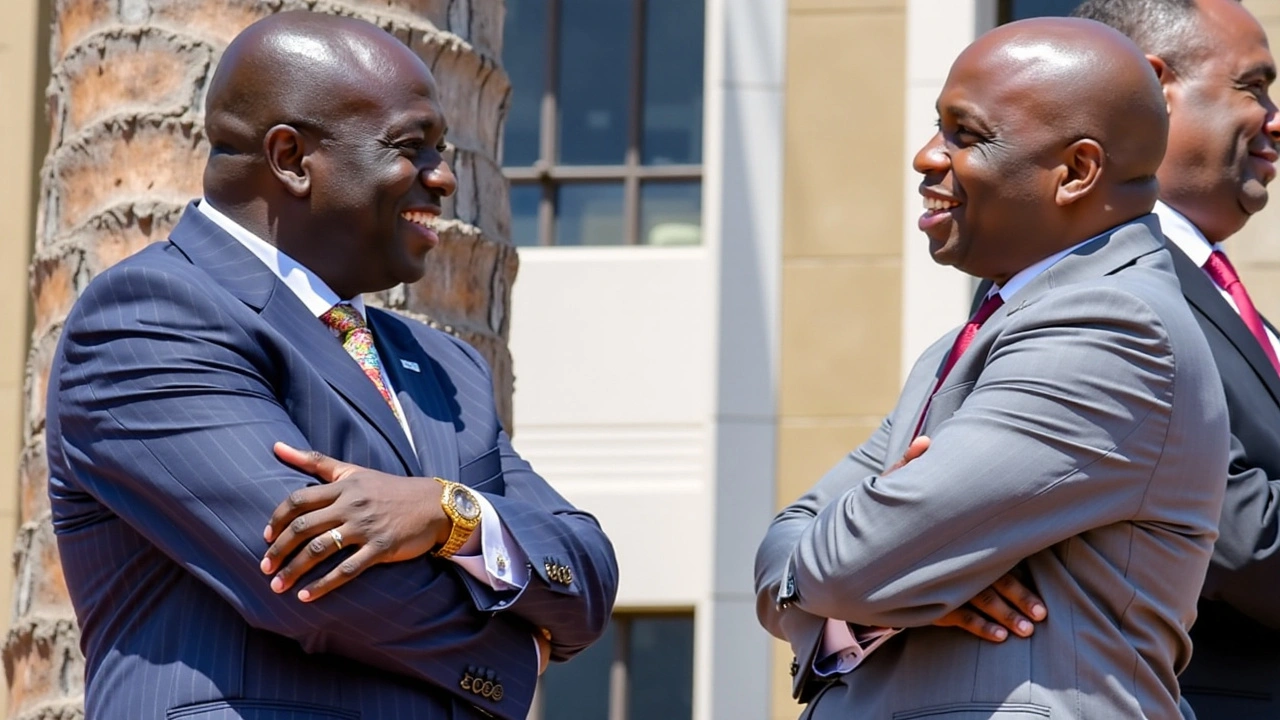Impeachment: How it works and why it matters
Impeachment sounds big and scary, but it's basically a legal process for removing public officials who break trust. It can target presidents, ministers, judges, or local leaders depending on a country's rules. Think of it as a formal way for a legislature or tribunal to say: "You broke the rules, and you must go."
How the impeachment process works
Procedures change by country, but the steps are similar. First, someone files accusations — often lawmakers, watchdogs, or packed evidence from anti-corruption agencies. Next, an investigation checks if the charges hold up. If the evidence looks strong, the legislature votes on charges. A trial may follow in parliament, a special court, or the senate. If the required majority votes to convict, the official is removed and may face criminal charges.
Impeachment is not only for corruption. It can be for abuse of power, serious misconduct, or inability to perform duties. For example, probes into missing public funds — like large loan disbursements that never reached students — can become grounds for removal if officials are linked to theft or fraud. Similarly, actions that threaten judicial independence, such as removing or withdrawing security from a chief justice, have sparked public outcry and calls for accountability.
Examples that make it real
Real cases show how messy impeachment can be. Judicial or ethics tribunals sometimes run parallel to impeachment talks: a judge facing harassment allegations might get investigated by a tribunal while lawmakers debate removal. In other cases, corruption probes by anti-graft bodies uncover missing billions that trigger impeachment motions or criminal suits. These stories play out in courts, parliaments, and the streets — and they reshape public trust.
Politics often colors the whole process. Impeachment can be a legitimate tool to remove guilty officials, but it can also be abused as a political weapon. That’s why clear evidence, fair hearings, and transparent votes matter. When the process is rushed or secretive, people lose trust, even if a removal happens for the right reasons.
So what can you do? Follow reliable reporting, support independent watchdogs, and demand public hearings and transparent evidence. Vote and hold your representatives to account — they decide whether to start or stop impeachment moves. Use petitions, town halls, and social media to press for clarity when officials face serious allegations.
Africa Daily Dispatch covers impeachment, corruption probes, and judicial accountability across the continent. Check our related stories for specific cases, timelines, and expert analysis so you can see how the process is playing out where you live. Staying informed helps you judge whether a removal is justice or politics — and that matters for democracy.
Eric Theuri Unveils Key Legislative Gaps in Deputy President Impeachment Process
As the Kenyan Senate recently voted to approve the impeachment of Deputy President Rigathi Gachagua, legal complications ensued, showcasing the legislative and constitutional challenges inherent in such processes. Former Law Society of Kenya President Eric Theuri points to significant gaps in the legislative framework, highlighting critical areas that demand attention. These developments prompt serious questions about the constitutionality and effectiveness of the current system.
